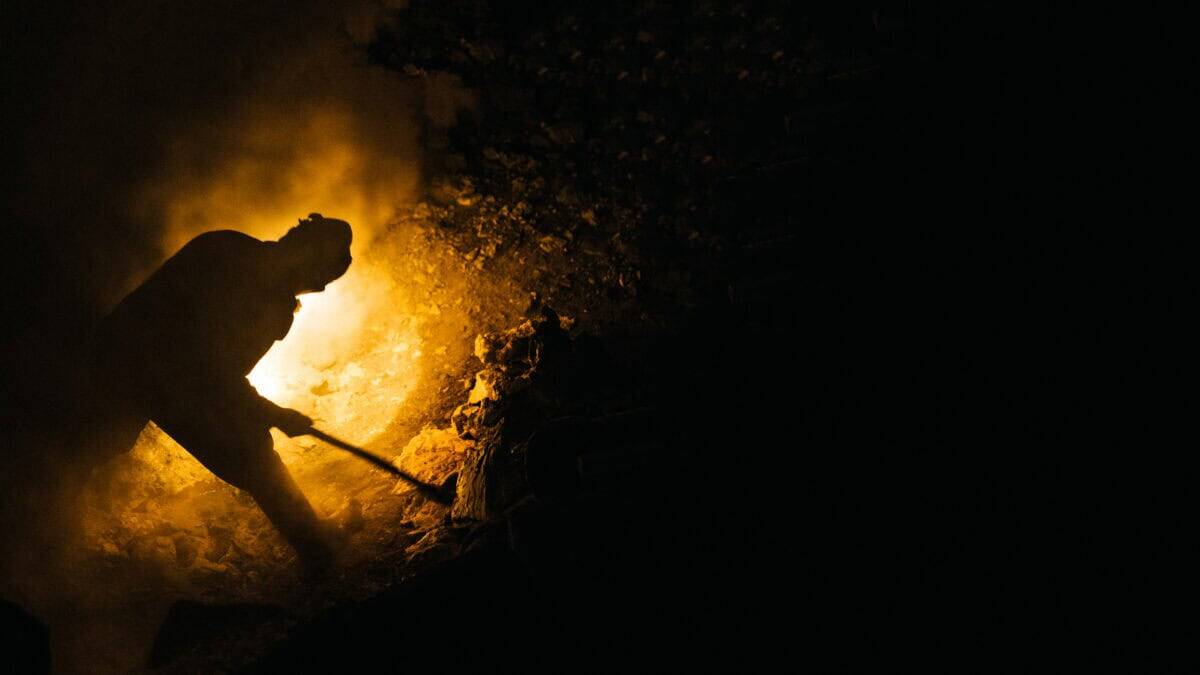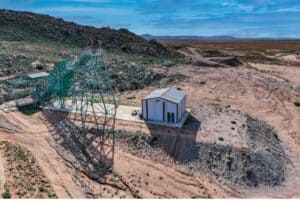Studies show up to 70% of mines fail to meet housing commitments, leaving communities without proper homes or basic services.

Mining companies operating in South Africa have failed to provide housing for their employees and local communities as required by law, according to recent research conducted by the Bench Marks Foundation.
Many mines are surrounded by informal settlements where mineworkers and host communities live.
“South African mines are surrounded by [informal settlements] due to their failure to provide proper, dignified housing for their employees,” said David van Wyk, a researcher for the foundation.
Miners remain in informal settlements as companies neglect housing
“For example, we have been calling on a mining firm operating in Marikana, where more than 40 people were killed by security forces, to improve the housing conditions of the people in the area, but to no avail.”
Van Wyk said the research also revealed that there was a need for the mining companies operating in the country to strive to bring the mining-affected communities up to similar standards as those in North America and Australia.
“The foundation’s latest research, published in our Policy Gap 14, points out that it is unacceptable that South African mines are surrounded by [informal settlements] due to the failure of SA mines to provide proper, dignified housing for their employees.
ALSO READ: Post-mining strategy seen as key to economic revival
“There needs to be global uniformity in working and living conditions,” Van Wyk said.
The study also found a need for globally comparable wages.
It added that the wage gap between South African mineworkers and those in other countries is completely unjustifiable.
Wage gap between SA mineworkers and those in other countries
“The weighted mean wage for the lowest-paid categories in mining in the US is $16.21 (about R280) per hour, while in South Africa, the average general mineworker’s salary is R177 600 per year, which works out at R91.08 per hour, [that is $4.96 per hour or 30% of the US wage].”
According to the study, the mine wage scale model used in SA is outdated and derives from apartheid practices.
“It is time to adapt to global best practice,” the document reads.
ALSO READ: Global mining sector revenue fell by 3% in 2024, but gold revenues increased 15%
The Mining Affected Communities United in Action (Macua) welcomed the study.
Sabelo Mnguni, Macua national coordinator, said the foundation’s findings were in line with what “we have seen and documented in mining communities across South Africa”.
“Mining-affected communities have been living with this reality for decades.
Weak enforcement of social and labour plans
“The failure of mining companies to provide proper, dignified housing for workers is a direct result of weak enforcement of social and labour plans under the Mineral and Petroleum Resources Development Act, combined with corporate cost-cutting that prioritises profits over people.”
He said to make things worse, informal settlements are often without basic services such as clean water, sanitation and electricity.
Mnguni said Macua’s research showed that up to 70% of mines have failed to meet legally binding social and labour plans commitments on housing and living conditions.
ALSO READ: Mines in trouble for failing local communities
“This is well-documented through our social audit reports and by various community groups, civil society organisations and even parliament.
“The government must strictly enforce social and labour plans housing provisions and hold mining companies legally accountable for non-compliance, including suspending mining rights where obligations are not met.
“The current proposals in the Act undermine these obligations and try to turn them into discretionary provisions,” said Mnguni.
The Minerals Council SA did not respond to questions sent yesterday.






